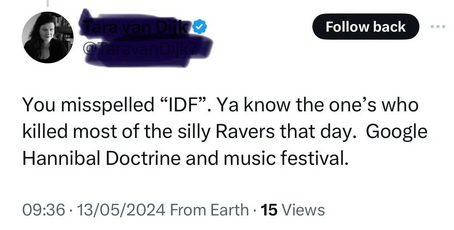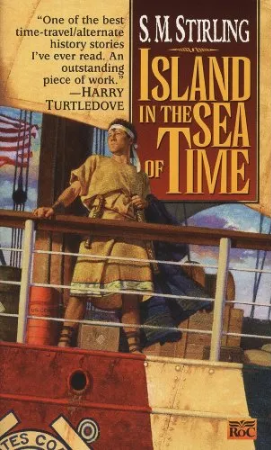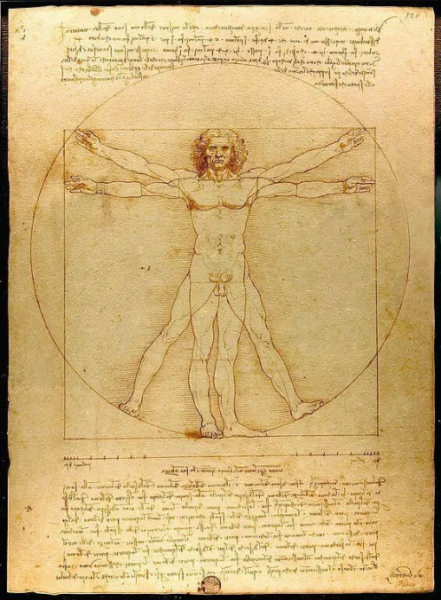Of course, there are many ways of understanding what being man is about, and there are many valid ways to be a man. However, regardless of how it is expressed, it usually has something to do with strength and toughness and productivity.
In his cross-cultural research, the psychologist Martin J. Seager has found 3 consistent requirements to achieve the status of manhood in various societies around the world.
First, the individual must be a fighter and a winner.
Second, he must be a provider and protector.
And third, he must maintain mastery and control of himself at all times.
Across cultures, there seems to be an implicit understanding of what being a man is.
Indeed, in a widely-cited study of 25 cultures—including New Zealand, Finland, Zimbabwe, Malaysia, Pakistan, Bolivia, and Trinidad—definitions of masculinity and femininity hardly fluctuated at all. As a rule, participants in this study said they did not believe that men and women differed in all respects, and they did not view one sex as inherently superior to the other. But in every culture, men were seen as active, adventurous, dominant, forceful, independent, and strong.
Contemporary polemicists will rhetorically ask questions like, “What is a woman?” But seldom does anyone ask, “What is a man?” People seem to already know.
Indeed, many individuals resort to commonplace expressions such as, “Man up”, or “Be a man”, or, more crassly, “Grow some balls”. In polite society, people won’t publicly express such remarks, but many will still think them.
Men, of course, are responsive to these statements. In a famous literary illustration, Shakespeare’s Lady MacBeth reinforces the conception of manhood as strength. Early on in this 17th century play, she receives a letter from her husband. The letter details an encounter with 3 witches and their prophecy that her husband Macbeth will take over the throne from King Duncan.
Lady Macbeth is eager for this power and insists that she and her husband must murder the King themselves in order for this prophecy to come true. Lady Macbeth expresses her concerns however, when she grows worried about whether her husband will be manly enough to follow through with this agreement. Her fears are confirmed when Macbeth, upon reflecting on the consequences of treason, subsequently backs out of the plan.
Lady Macbeth then persuades her husband when she proclaims that if he were to go through with the murder, then he would not only be a man, but “so much more.”
By dangling the enticing reputation of manliness over her husband, Lady Macbeth succeeds in getting him to kill the king, and subsequently setting in motion the chaotic events of the rest of the story.
Shakespeare was clearly a keen observer of human nature in general and of men’s anxieties about their masculinity in particular.
Such anxieties regarding the belief that manhood is something that must be achieved through action appear to be ubiquitous around the world.
I’ll offer a few brief examples.
On the Greek Aegean island of Kalymnos, many of the inhabitants make their living by commercial sponge fishing. The men dive into deep water without the aid of special equipment, which they scorn. Diving is a gamble because many men are stricken and injured. Young divers who take precautions are mocked as effeminate and ridiculed by their peers.
Halfway around the world, in the high mountains of Melanesia, young boys undergo intense trials before achieving the status of manhood. Young boys are torn from their mothers and forced to undergo a series of brutal masculinizing rituals. These include whippings, beatings, and other forms of terror from older men, which the boys must endure stoically and silently. This community believes that without such hazing, boys will never mature into men but remain weak and childlike. Real men are made, they insist, not born.
To this extent, the psychologist Roy Baumeister has pointed out that, “in many societies, any girl who grows up automatically becomes a woman … Meanwhile, a boy does not automatically become a man, and instead is often required to prove himself, usually by passing stringent tests or producing more than he consumes.”
In many non-industrialized small-scale societies, girls are believed to become women when they are physically able to produce children. The ability to have kids is considered a major contribution in itself to the community. Boys, in contrast, do not have a clear and visible biological indicator of manhood, and must often endure culturally sanctioned rituals and painful trials to become men.
Indeed, masculinity is widely considered to be an artificially induced status, achievable only through testing and careful instruction. Real men do not simply emerge like butterflies from their boyish cocoons. Rather, they must be carefully shaped, nurtured, counseled, and prodded into manhood.
The literary critic Alfred Habegger has remarked that masculinity “has an uncertain and ambiguous status. It is something to be acquired through a struggle, a painful initiation, or a long and sometimes humiliating apprenticeship.”












